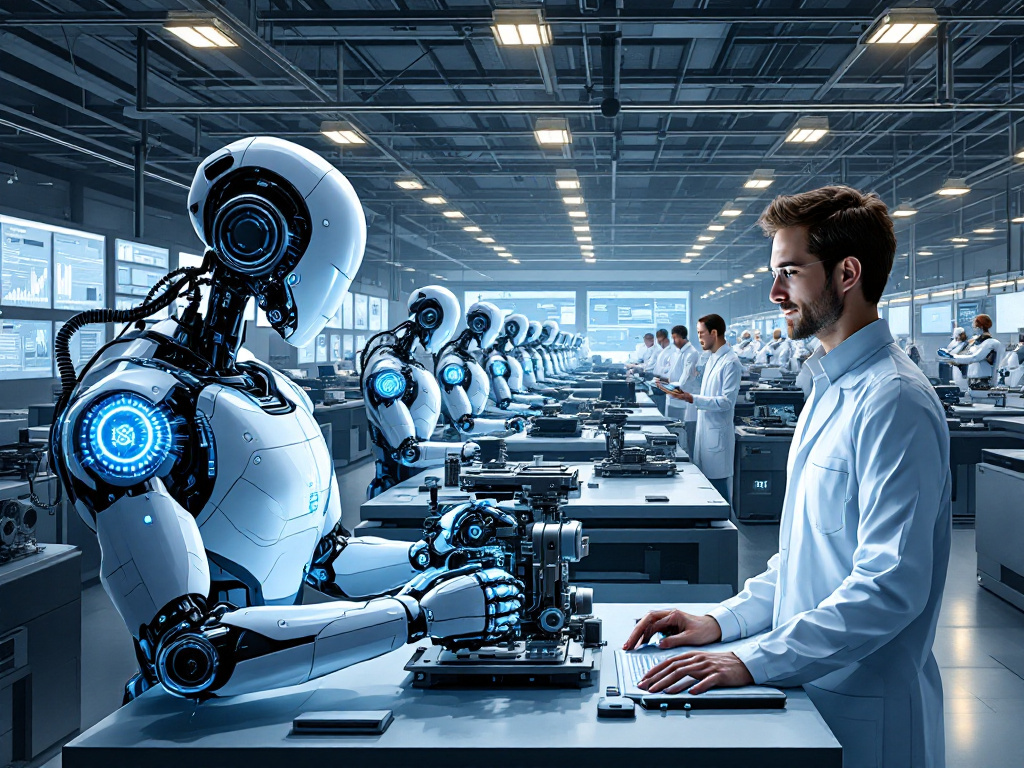As artificial intelligence permeates all spheres of life—from medicine to justice—serious ethical questions arise. Can an algorithm make decisions that affect a person’s fate? Who is responsible for AI errors? These dilemmas require not only technical but also philosophical, legal, and social solutions.
One of the main problems is algorithmic bias. AI is trained on data created by humans, and if this data contains discrimination (for example, by gender, race, or age), the model will reproduce it. For example, facial recognition systems perform worse on darker skin, and hiring algorithms can filter out female resumes.
Transparency is another challenge. Many modern models, especially deep neural networks, operate as a “black box”: it is impossible to understand why the AI made a particular decision. This is unacceptable in areas such as lending, medicine, or the judicial system, where people have a right to an explanation. Autonomous weapons are one of the most pressing ethical issues. Killer robots capable of selecting targets without human intervention could violate international humanitarian law. The UN and human rights organizations are calling for a ban on such technologies, but development continues.
Advertising


